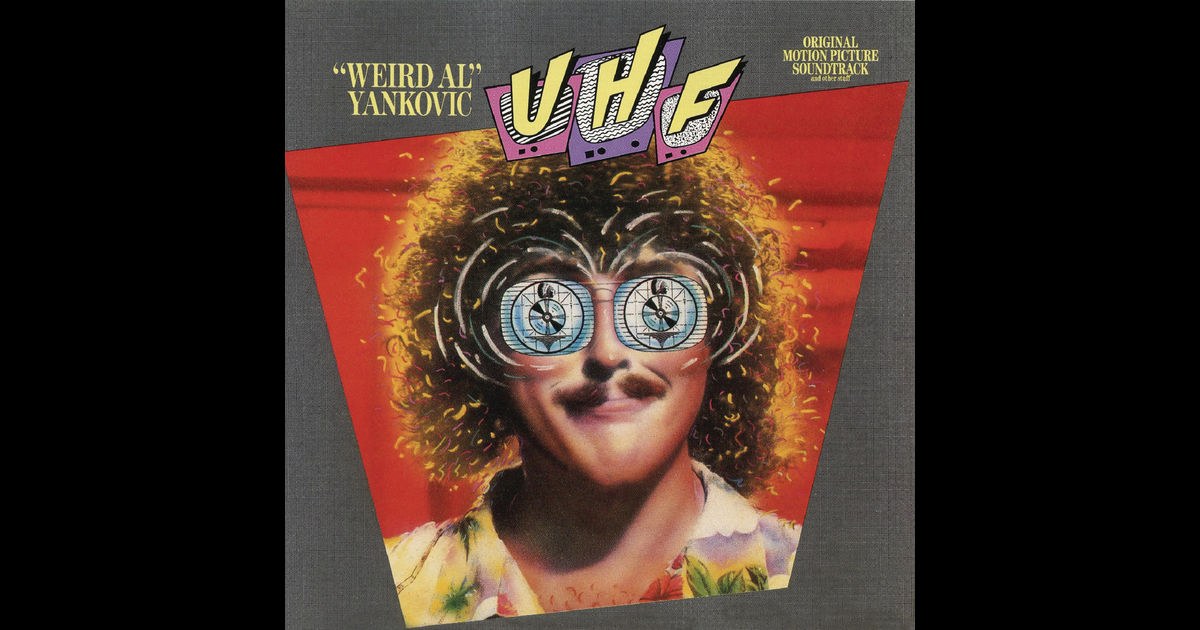- Jan 24, 2008
- 5,788
- 1,036
- Country
- United States
- Faith
- Catholic
- Marital Status
- Married
- Politics
- US-Republican
This explains why young Catholic traditionalist like myself like the latin mass.
42How old are you?
You think 42 is old? I don't even have grey hair yet! What are you a teen or something? LOL anyway most of the people I see at my Latin Mass Parish are not older then the mid 40's and most are large families with parents in the 20's 30's.No offense, but if you are young then I am a baby.
I'm 20.You think 42 is old? I don't even have grey hair yet! What are you a teen or something? LOL anyway most of the people I see at my Latin Mass Parish are not older then the mid 40's and most are large families with parents in the 20's 30's.
LOL ok so your one year shy of being a teen. I do see alot of kids at latin mass from various age groups I would say infant-late teens and many early to mid 20's and 30's(often times with thier own kids).I'm 20.
Interesting.LOL ok so your one year shy of being a teen. I do see alot of kids at latin mass from various age groups I would say infant-late teens and many early to mid 20's and 30's(often times with thier own kids).
LOL well maybe some of us fogie's listen to her(not me). I admit your right on that! I would have a icon of Weird Al Yankovic.Interesting.
It is easy to know I am really young since I have a Taylor Swift's profile.

For many of us, there is a continuity, beauty, changelessness, a connection to a 2,000 year old past in Liturgy, an ability to express theological ideas in terms which may be more subtle or specific than what the vernacular allows for, etc.This is not a criticism, but I confess I do not understand the attraction or continuing use of Latin (or Greek) in services by people who do not speak those languages. I fail to understand how that is meaningful to worshippers? I'm interested in learning what its fans find attractive about it.
Its ok its a good question. I will tell; you what draws me. Many Catholic like myself start liking Latin mass because they notice there are not the abundance of liturgical abuses that the ordinary form has. What they like is sacred music using organ and chant and polyphony(not guitar or piano or tambourine), they like kneeling at the communion rail for the eucharist and receiving Jesus on the tongue with no lay ministers only priest giving out eucharist, and they like the silence and mystery of the mass that seems more supernatural. They also like the priest facing the altar leading the sacrifice. The latin they don't mind because it ancient and unites us with the Church historically throughout the centuries. I do not always have to be saying something, I prefer when the priest talks to God on my behalf. I can say some responses. But the priest for the most part is not talking to me he is talking to God on my behalf. At least those are some things. Also preaching is better in general at Latin mass at least where I go it is and they are not afraid to talk about hell and mortal sin and grace.This is not a criticism, but I confess I do not understand the attraction or continuing use of Latin (or Greek) in services by people who do not speak those languages. I fail to understand how that is meaningful to worshippers? I'm interested in learning what its fans find attractive about it.
,, I think initially, even Anglicans used Latin.
Sure thanks for sharing the conversation with us! Its ok Latin is not for everyone. The Church is a big place.Yes, and Latin is still used, in part, in Anglo-Catholic, High Church parishes like mine. Nonetheless, I don't prefer it and don't find it meaningful. Perhaps if I was cradle Anglican rather than a convert after 50 years a Methodist, I might appreciate it more. Again, I don't disparage it, but I don't prefer it.
Some of the other things Athanasias mentions, our mass includes without a total Latin service...sacred music using organ every Sunday, sung mass, chant, kneeling for communion, receiving on the tongue if the communicant prefers, and in my church the priest facing the alter (during Lent only).
In any case, Gracia Singh and Athanasias, thanks for sharing what you value about it.
I have met very few Catholics who have attended a TLM and not come to love it. As I've mentioned a few times, my old FSSP parish's average age worked out to around 40 or so. And it was only that high because some real old timers were skewing the numbers upward. There were bunches of Millennial families with children in the upper 20's or lower 30's. My generation has great affection for the Latin Mass precisely because of it's utter lack of artificiality. The TLM is the real deal.Sure thanks for sharing the conversation with us! Its ok Latin is not for everyone. The Church is a big place.
LOL well maybe some of us fogie's listen to her(not me). I admit your right on that! I would have a icon of Weird Al Yankovic.

I think every Apostolic Church has liturgies / masses in a liturgical language as at least an option. Like Aramaic, Coptic, Ge'ez, Latin, Old Church Slavonic, Koine Greek, and others. I think initially, even Anglicans used Latin.
This is not a criticism, but I confess I do not understand the attraction or continuing use of Latin (or Greek) in services by people who do not speak those languages. I fail to understand how that is meaningful to worshippers? I'm interested in learning what its fans find attractive about it.
